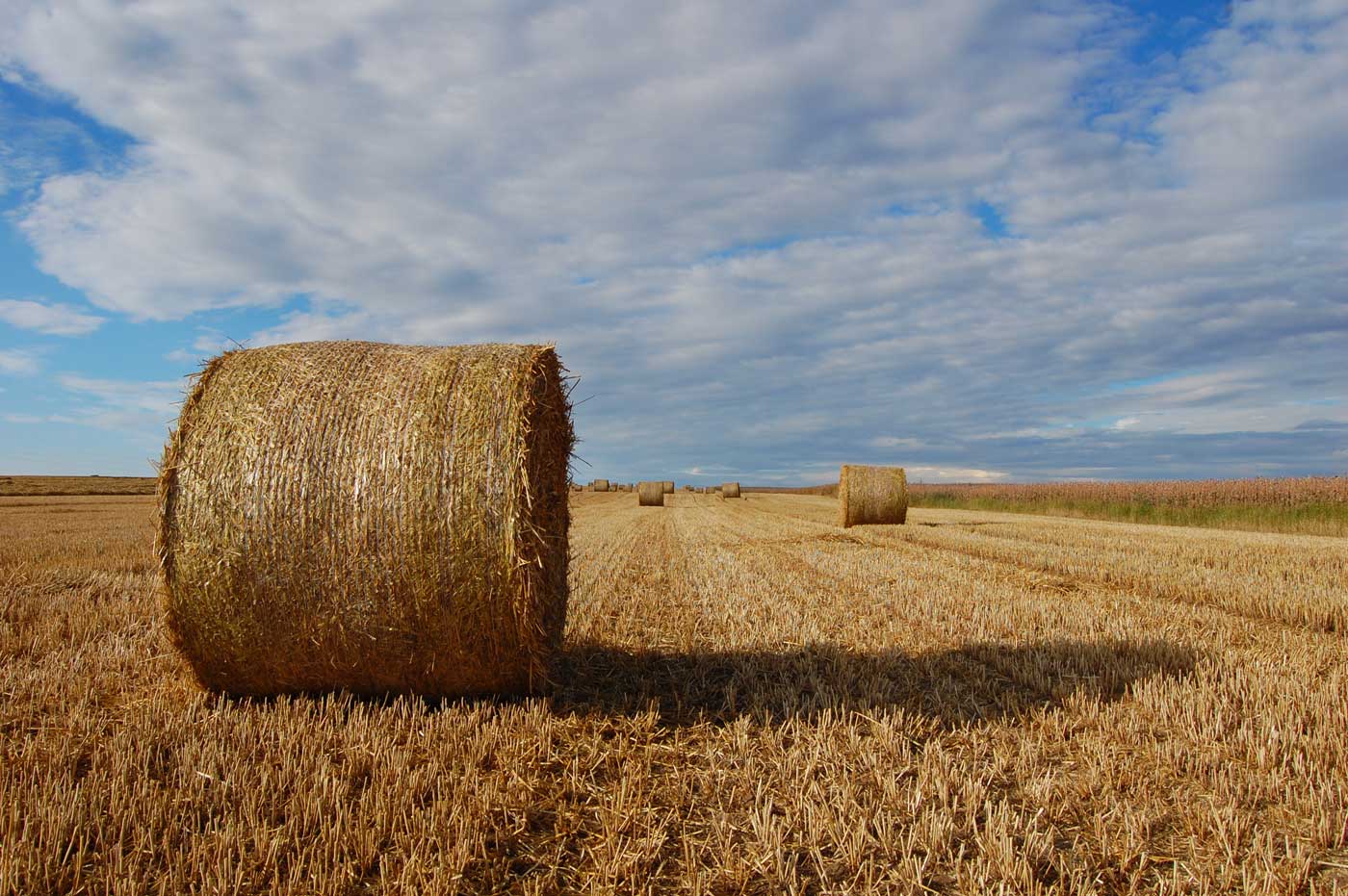
European agriculture policy has dominated the type and scale of farm support for so very long. It has been rather thrilling therefore to have a debate with the Sustain alliance membership and others about what a national policy could and should look like and what it could achieve.
Defra's 64 page consultation document is uneven but has some real strengths: not least for its support for a transition phase to new farm policies; for covering a good range of issues; and for focussing on public goods and outcomes that government should support via regulation, advice, rewards and disincentives. In our response, Sustain prioritised commenting on areas for policy integration and on issues not heavily covered by others. Here are some highlights:
Sustain welcomes the focus on environmental outcomes and soil and water as well as biodiversity. But it needs to go further. Crucially we want to see additional ‘purposes’ listed in the Agriculture Bill including delivering public health outcomes as part of an integrated strategy that includes public procurement, mitigating climate change and promoting whole farm approaches like organic. We need to talk more about growing more and sustainable fruit and vegetables, less sugar and growing for sustainable diets as well as air pollution, pesticides, access to nature and reducing farm antibiotics It needs to offer much stronger support for higher animal welfare.
Ensuring far greater fairness in farming matters - the value of the food pound, the taxpayer pound or any other pound around must be able to go where it is needed to ensure future farming, decent work, animal welfare and sustainability. It is good to see a chapter devoted to supply chain fairness but we believe it is far too weak in scope and ambition as we need a far better regulated whole supply chain for farmers. Encouragingly, the European Union has just published a draft directive seeking to address such issues – it would be worse than ironic if post-Brexit, UK farmers were left less protected than their European counterparts.
Domestically, we also need to make farm work attractive and ensure all farm workers can make a decent living and progression in their work. There needs to be a way they can collectively negotiate on wages and progression; as they can in Scotland, Wales and Northern Ireland.
An explicit recognition is needed of the dynamism, landscapes and new entrant opportunities created by a diversity of farm business sizes and types. There should be a purpose stated in the legislation to maintain and enhance that diversity through specific tools. Sustain launched a joint paper and briefing on why this matters.
Given the importance and broad ambition of the measures set out in Defra's Command Paper, a key gap is around the level of the budget needed. How far HM Treasury will support Defra’s ambitions for delivering the public goods and the support structure, grants, advice and (much better) IT is of concern. Sustain wants to see government securing and committing to sufficient budget to achieve the ambitions, long term and as a priority. The 'scale of need' work by conservation bodies and the 'true cost' accounting work by academics and the Sustainable Food Trust show how we urgently need a better assessment of what the current system already costs us, what future needs are and where the money should go.
There is much more in Sustain's 24 page submission which you can read here but in short, Sustain proposes the following new legal 'purposes' for the new Agriculture Bill:
- a remit to support healthier sustainable diets including enforcing high public sector procurement standards for schools, services and hospitals and ensuring public money supports production of healthy produce and transition to healthy produce
- ensuring quality of farm employment via powers to ensure the protection and advancement of farm workers via a new joint negotiating body
- promoting farm diversity – via measures to assess the resilience of the farm structure and measures which ensure diverse farm sizes can be retailed to deliver the full mix of outcomes a diverse system delivers including routes in for new entrants
- fair supply chain – powers to deliver measures to proactively evaluate and address unfair trading practices in the whole supply chain on an on-going basis
- whole farm systems delivery - measures to promote whole farm systems which deliver multiple benefits
As part of this section on compliance and inspection there are regulations and standards that need to be part of the legal underpinning of the UK Agriculture Bill, namely it must:
- Adopt the Polluter Pays principle, the Precautionary principle, the principle that pollution should be rectified at source and the principles of access to environmental information and justice - these must underpin policies
- Enshrine organic regulations in the UK with an ability to enhance them
- Make provision for labelling and marketing regulation development linking to public good outcomes
- Make provision for regulation and other pesticides reduction tools for farmers
- Make provision for higher animal welfare regulations
Liam Fox's Trade deals loom large over the debate yet there is a weak trade section and a sad lack of international goals, except for food exports, in the paper. The government must describe both how it will protect and enhance the standards UK farmers work to against imports and how it intends to reduce our land, water, biodiversity and public health impact overseas such as through our use of imported feeds and fertilisers. The push for "lower prices for consumers" sits ill alongside "maintaining high standards of consumer, worker and environmental protection in trade agreements". Lower consumer prices should not be prioritised at the expense of workers, livestock and the environment in exporting countries including the world’s poorest countries.



